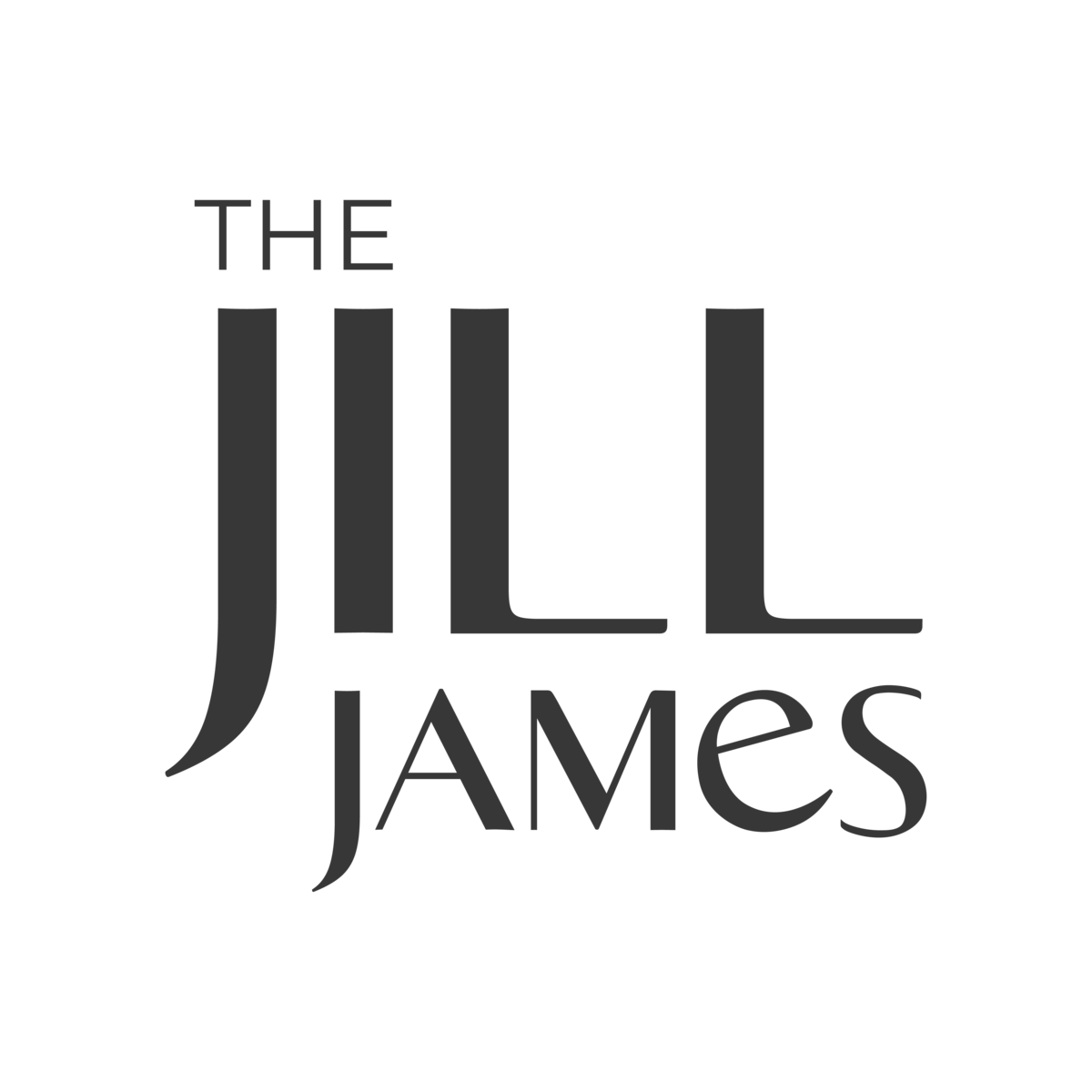Did you get this email from a friend? Click here to get your own.
One day baby we’ll be old
One of the first things I do for my clients is assess their profitability so they can pay themselves. When we raise their profitability, it also increases their tax bills. The common refrain:
“I don’t mind paying what I owe, I just don’t want to pay more than I should.”
It’s entirely fair to acknowledge that making a big payment to the IRS feels painful, even for the most generous and socially-inclined souls.
As purpose-driven business owners, taxes are the place where we do the dance of personal versus social good. We hold space for two things to be true:
Taxes are the price of shared services, like the military, education, research, and infrastructure, from which we all benefit. (At least for the previous 100 years; tbd on how it’s going this week.)
We put in so much work to win this business and make these sales, to create jobs, and to be leaders in our communities. It feels like we should be rewarded with more substantial tax breaks, instead of those going to huge companies.
Today, I’m not going to go into nuanced tax strategies or capital gains arguments. Instead, I want to focus on a big obvious tax break that you’re missing as a profitable business owner: retirement savings.
Most people with earned income, including children and green card holders, can participate in tax-preferred personal savings programs like Traditional and Roth IRAs. Those are capped at $7,000 for 2025.
But as a business owner, a company retirement plan could allow you to save 71X the personal rate and 21X more than you could as an employee. And, you can choose to shelter those earnings from current taxes. 401k plans allow owners to save up to $73,000 this year (based on age), and, if you’re very profitable, up to an additional $500,000 per year in a private pension plan.
Maxing out this level of savings is unique to self-funded business owners. This kind of executive compensation, for W-2 employees, is only used at the most senior levels. If you had investors, there’s no way they’d allow you to defer this much personal compensation out of your early stage company. But since you’re self-funded, paying yourself is one of the options for use of profits. And the smartest way to do it is into plans that give you a tax benefit now or in the future.
On my blog, I’ve completely revised and updated my guide to retirement plans for 2025. It includes the most common types of personal and business retirement programs, how you can still get a benefit on your 2024 taxes, and how to evaluate which types of plans are right for you. Read it here.
For Team TL;DR:
You can still contribute to 2024 business retirement savings, up to the time you file your taxes.
In 2025, you can save up to $70,000 in a 401k or SEP plan (more if you’re aged 50-63), and choose whether you want to skip taxes now (Traditional) or pay and have the growth be untaxed forever (Roth). Traditional contributions reduce your tax bill today.
A recent federal law called SECURE 2.0 provides up to $16,500 in tax credits over three years to help you pay for the administrative costs of sponsoring a company retirement savings plan.
If you really need it, you can access your savings earlier than 25-40 years from now. While some of your money will be subject to penalties until at least age 55, there are exceptions for buying a home and paying for job training or tuition, medical expenses, and emergencies. And more generous rules for withdrawing Roth contributions.
Retirement savings have beneficiaries and can be inherited or passed into a trust. If you are interested in building generational wealth, retirement savings from your business earnings are an excellent tool.
In order to save The Most for yourself, you’ll need to make some fairness contributions to your W-2 team. But it’s a really small amount compared to what you save on taxes and the wealth you can build for the future.
While the government sets the rules for qualified retirement programs, you save the money with the private institution of your choice, either a brokerage or a record keeper in the case of a 401k plan.
Retirement planning comes with lots of specific questions, like what your personal goals are, how profitable your company is, how much you plan to grow and how, whether you have employees, and what your needs are now versus in the future.
I find that many of my clients benefit from consulting a personal financial planner or wealth advisor who can evaluate a combination of business and personal needs. In some cases, we hold a call with the company tax and financial advisors to jointly advise on options.
I know that many of you started your companies to build your personal financial well-being or create more financial opportunities for your families. It goes beyond taxes. If you’re not having meaningful conversations about how your business fits into your overall financial strategy, you’re missing out. While getting a number thrown over the wall annually is better than nothing, consider having a more intentional conversation with a trusted professional.
AMA Replay
The hottest club in town was February’s AMA. It had everything: how to run your company from outside the US, backing up critical documents, freezing your credit, valuing your company for a potential sale, working for yourself after a corporate career, aligning your mission in an anti-DEI environment…and admission is free! Check out the replay here.
My next AMA is on Thursday, March 13 at 10 AM Pacific. Send questions to [email protected].
LA Deadlines
Also on the blog, find my updated guide to 2025 City of Los Angeles business tax renewals and gross receipts tax. Two upcoming deadlines:
February 28: business tax renewals are due unless you’ve qualified for an extension.
February 24: LA County grant program closes for loss of business or worker income due to wildfires. This application requires several document uploads. Give yourself time.
Media Kit
Remember when I mentioned that consumers were spending less? The Guardian reports that 33% of consumers are committed to spending less overall, and 25% have shifted spending based on a company or owner’s political activities or policy changes. If you stand for something, make sure it’s clear and you’re calling to your aligned customers. And reset your financial projections and plans for an overall lower sales conversion rate. About 70% of the US economy is driven by consumers, so a third of them cutting the household budget will have a sizable impact.
Newsweek reports a general consumer boycott has been called for February 28 and April 18. Participants are being asked to avoid spending on everything on those days - groceries, gas, movies, takeout, and any discretionary shopping. If you’re operating a lower-margin business that relies on busy Fridays, plan accordingly. You also may want to adjust your marketing plans to reduce your time and investment for those two days. BlueSky and Threads are both good places to track participation and impact.
CNBC and SurveyMonkey report that small business owners are the most committed to continuing DEI practices, with 70% seeing benefit from taking an inclusive approach to hiring and workplace development. Unfortunately only 39% of us have an optimistic economic outlook for Q1. The quarterly survey also evaluates the impact of a TikTok ban and tariffs. See the full results.
Last week, I posted a business continuity checklist on LinkedIn. Have you saved all of the documents on this list? I also posted basics of employees versus contractors on Threads. And are we connected yet?
Thanks for reading! Have a topic in mind? Thoughts on today’s newsletter? Hit reply or email me at [email protected].


